Continuing the session's agenda, on the morning of October 28, the National Assembly listened to the National Assembly's Supervisory Delegation's Report on the implementation of policies and laws on environmental protection since the 2020 Law on Environmental Protection came into effect.
Speaking before the discussion, Vice Chairman of the National Assembly Le Minh Hoan said the natural environment and living environment are increasingly facing many challenges, erratic and unpredictable changes. The provinces and cities in the Central region are currently dealing with severe floods, seriously affecting people's lives.
"The National Assembly would like to send our deepest condolences to the people of the affected localities; at the same time, we would like to send our encouragement and acknowledge the efforts of Party committees at all levels, authorities, the Fatherland Front, military and police forces; medical and educational staff; organizations, individuals and frontline forces who have not feared danger and devoted all their efforts to providing relief and support to the people," emphasized Vice Chairman of the National Assembly Le Minh Hoan.
Achieved and exceeded many important targets
Presenting the report, Secretary General of the National Assembly, Head of the National Assembly Office Le Quang Manh, Deputy Head of the Supervisory Delegation, said that the promulgation and implementation of policies and laws on environmental protection since the Law on Environmental Protection 2020 took effect has achieved many positive and important results, contributing to the successful implementation of goals and targets for sustainable socio-economic development, ensuring national defense, security, foreign affairs, social security and international integration.
Accordingly, the Government, the Prime Minister, ministries, branches and localities have issued more than 500 documents guiding and implementing the Law on Environmental Protection; of which, the Government, the Prime Minister, ministries and branches have issued more than 30 documents, thereby basically institutionalizing and fully concretizing the Party and State's policies and guidelines on environmental protection, responding to climate change, thoroughly grasping the principle that the environment is one of the three pillars of "Economy-Society-Environment" for sustainable development, strongly shifting to an environmental management mechanism using economic tools with the participation of the whole society.
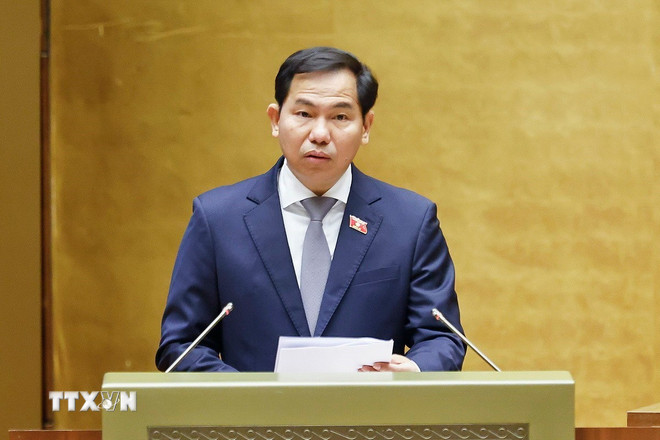
Environmental protection work has seen many changes, achieving and exceeding many important goals and targets set out in the Resolution of the 13th National Party Congress; Vietnam's sustainable development index has increased, ranking first in ASEAN. 3/5 targets have exceeded the plan set for 2025, including: the rate of collection and treatment of urban solid waste meeting standards and regulations; the rate of industrial parks and export processing zones in operation with centralized wastewater treatment systems meeting environmental standards; and forest coverage rate.
State budget expenditure for environmental causes is guaranteed to be not less than 1% of total state budget expenditure and increase over the years (1.12% in 2024).
Along with that, major sources of waste have been actively and strictly controlled, preventing major environmental incidents; many models of urban, rural areas, industrial parks, industrial clusters, craft villages, and ecological, environmentally friendly production facilities have appeared.
Waste management has seen many changes, the rate of collection and treatment of domestic solid waste has increased gradually over the years, reaching 97.26% in urban areas and 80.5% in rural areas by the end of 2024, reducing landfills; recycling, reuse, and utilization of resource value from waste have been enhanced through forms such as co-processing of waste in cement kilns, utilizing excess heat from waste incineration, and cement production for electricity generation.
The report also assessed that the rate of increase in pollution and environmental degradation has been prevented, and environmental quality has gradually improved, especially the quality of soil environment, surface water environment in some major river basins, coastal seawater, and groundwater.
Climate change response has had positive changes; resilience and adaptive capacity of natural, economic and social systems have been enhanced, ensuring sustainable livelihoods...
38/435 polluting facilities have not been thoroughly treated.
However, the Monitoring Team found that the implementation of the Law on Environmental Protection still has some limitations and shortcomings. Specifically, environmental pollution still occurs, is still complicated, and sometimes at a serious level, especially air pollution (due to fine dust) in big cities.
Air quality index sometimes exceeds safe threshold, negatively affecting people's health. There are times when Hanoi and Ho Chi Minh City are among the most polluted cities in the world.
Environmental quality of some river sections concentrated in densely populated areas, production, business, service establishments, and craft villages in the Cau River basin, Nhue-Day River, and Bac Hung Hai irrigation system is slowly improving.
The target on the rate of facilities causing serious environmental pollution that have been treated has not been completed.
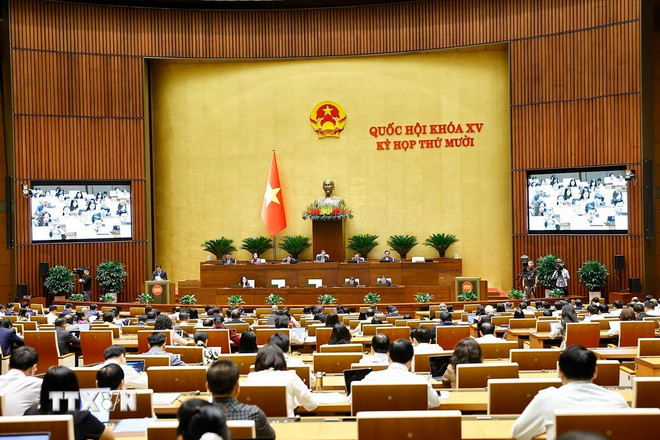
According to the Resolution of the 13th National Party Congress, by 2025, 100% of facilities causing serious environmental pollution must be handled, but by September 2025, the whole country still had 38/435 facilities causing serious environmental pollution that had not been thoroughly handled.
In addition, the technical infrastructure for environmental protection, especially in the collection and treatment of solid waste and wastewater, is still backward and does not meet the requirements (currently, only about 18% of the total urban wastewater is collected and treated; the rate of direct landfilling has decreased but still accounts for a high proportion, many landfills causing environmental pollution are slow to be treated).
The circulation and reuse of wastewater and the recycling of some types of industrial solid waste are still limited; some types of hazardous waste and pesticide packaging generated from households... are not collected and treated separately but are mixed with domestic solid waste.
Some policy objectives of the Law on Environmental Protection expressed in other relevant laws have not achieved the desired results.
Complaints and denunciations about the environment, crimes, and violations of environmental protection laws still occur in some localities, with some cases becoming complicated and causing disorder in social security.
Proposal to amend and supplement the Law on Environmental Protection in 2020
Pointing out the causes of limitations and shortcomings, the Supervisory Team proposed 3 groups of tasks and breakthrough solutions. The first solution is to innovate thinking and perfect institutions and policies on environmental protection and organize drastic, effective and efficient implementation.
Continue to thoroughly grasp the viewpoint that socio-economic development and environmental protection are the central focus throughout the thinking, vision and orientation of sustainable development of the country; unify in perception and action to consider environmental spending as investment for development, ensuring environmental security; promote the circular economic model, implement green transformation through mechanisms and policies to encourage research and development of environmentally friendly technology, environmental industry, environmental services, green procurement, renewable energy; proactively build institutions to promote the development of green economy and circular economy.
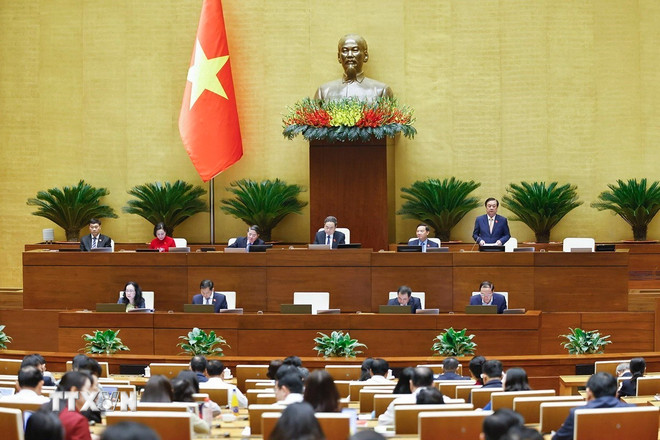
Environmental economics, including establishing a mechanism for pricing resources, paying for ecosystem services, and improving the effectiveness of environmental tax tools, environmental fees, and emission quotas...
The next tasks and solutions are to strengthen and diversify resources for environmental protection; develop science, technology, innovation and digital transformation in the field of environmental protection and climate change response.
Regarding urgent tasks and solutions, to be completed by the end of 2026, the Supervisory Delegation recommended summarizing and evaluating the implementation and proposing amendments and supplements to the 2020 Law on Environmental Protection, to be submitted to the National Assembly for consideration and approval at the beginning of the term of the 16th National Assembly.
In the immediate future, consider immediately amending a number of articles of this Law at the 10th Session to contribute to unlocking resources, promoting socio-economic development, implementing a two-level local government model; at the same time, amend regulations on the roadmap and application time for policies related to domestic solid waste management to suit practical requirements.
Along with that, organize the review, assessment, update and adjustment (if necessary) of strategies, plans and schemes related to environmental protection and climate change response; issue and effectively implement the National Action Plan on pollution remediation and air quality management for the period 2025-2030, with a vision to 2045; at the same time, immediately implement urgent measures to control, prevent, overcome and improve air pollution in Hanoi and Ho Chi Minh City.
Complete the assessment of the carrying capacity and announce the plan for managing the surface water quality of some inter-provincial river basins that play an important role in socio-economic development; improve the environmental quality of some seriously polluted river sections on the rivers: Ngu Huyen Khe, To Lich, Bac Hung Hai irrigation system.
The monitoring delegation recommended urgently completing and putting into operation the national environmental information and database system, ensuring integration, connection, and communication with the national database and real-time sharing; organizing the establishment and pilot operation of the Carbon Credit Trading Platform, initially forming and developing the carbon market in Vietnam.
The report also sets out medium- and long-term tasks and solutions until 2030. Specifically, preventing, controlling and stopping early and remotely the risks of pollution and environmental incidents; forecasting early the impacts of climate change; overcoming and improving environmental quality with focus and key points; enhancing the effectiveness of solid waste and hazardous waste management; perfecting institutions and policies to respond to climate change.../.
Source: https://www.vietnamplus.vn/hop-quoc-hoi-doi-moi-tu-duy-hoan-thien-chinh-sach-ve-bao-ve-moi-truong-post1073226.vnp


![[Photo] Draft documents of the 14th Party Congress reach people at the Commune Cultural Post Offices](https://vphoto.vietnam.vn/thumb/1200x675/vietnam/resource/IMAGE/2025/10/28/1761642182616_du-thao-tai-tinh-hung-yen-4070-5235-jpg.webp)
![[Photo] Flooding on the right side of the gate, entrance to Hue Citadel](https://vphoto.vietnam.vn/thumb/1200x675/vietnam/resource/IMAGE/2025/10/28/1761660788143_ndo_br_gen-h-z7165069467254-74c71c36d0cb396744b678cec80552f0-2-jpg.webp)

![[Photo] National Assembly Chairman Tran Thanh Man received a delegation of the Social Democratic Party of Germany](https://vphoto.vietnam.vn/thumb/1200x675/vietnam/resource/IMAGE/2025/10/28/1761652150406_ndo_br_cover-3345-jpg.webp)


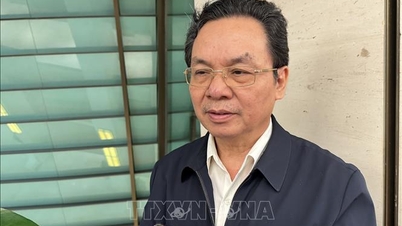


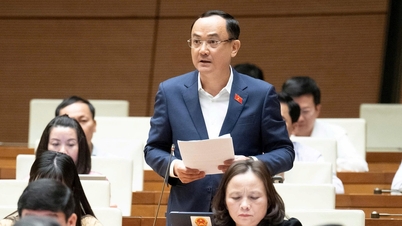

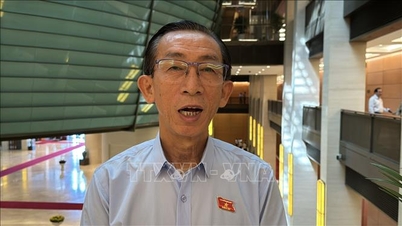
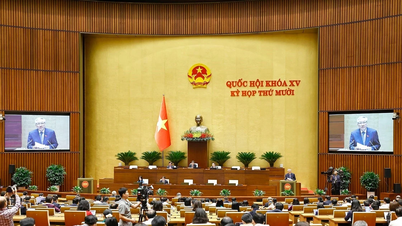
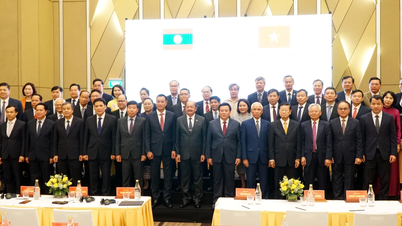
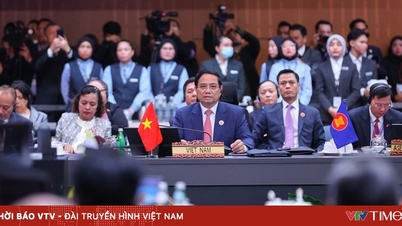

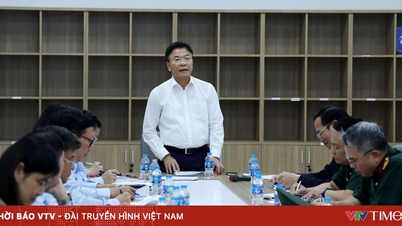
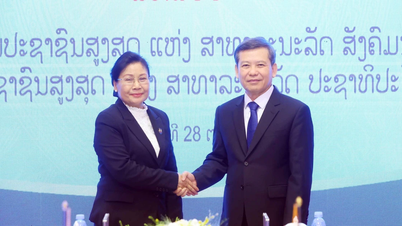
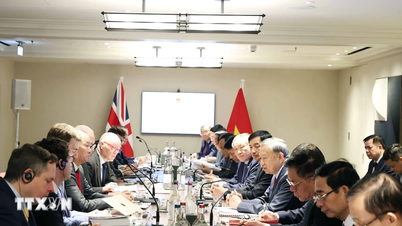
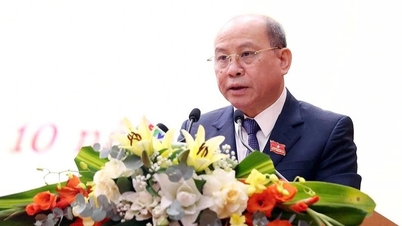






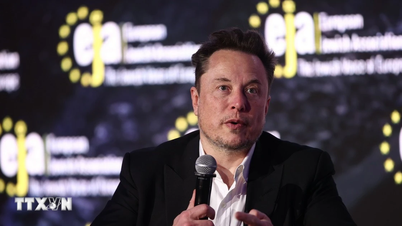

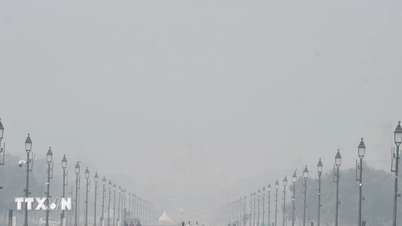
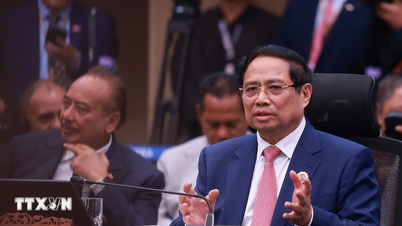
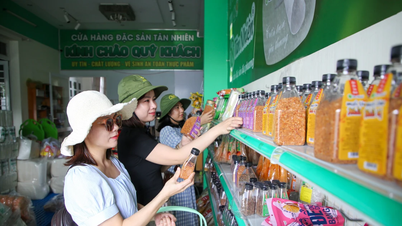

![[Photo] President Luong Cuong attends the 80th Anniversary of the Traditional Day of the Armed Forces of Military Region 3](https://vphoto.vietnam.vn/thumb/1200x675/vietnam/resource/IMAGE/2025/10/28/1761635584312_ndo_br_1-jpg.webp)


































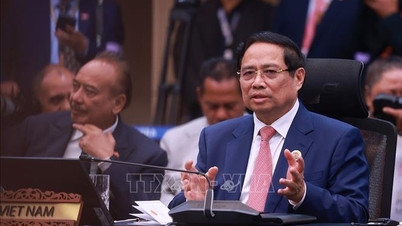




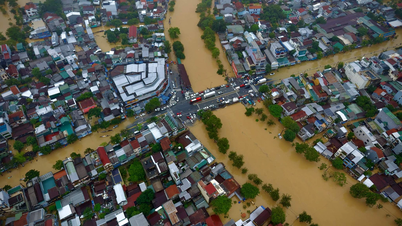


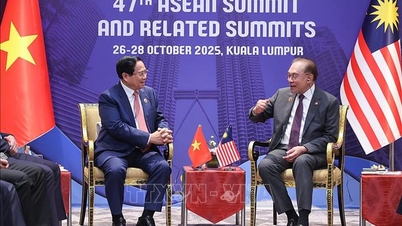
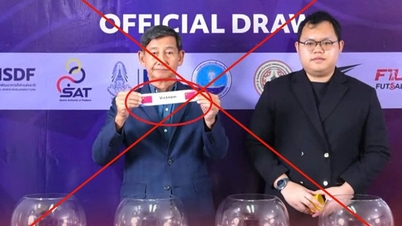

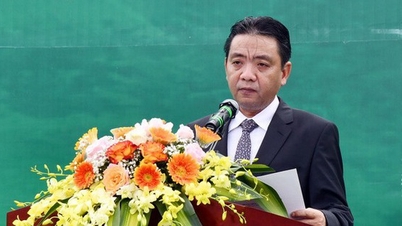
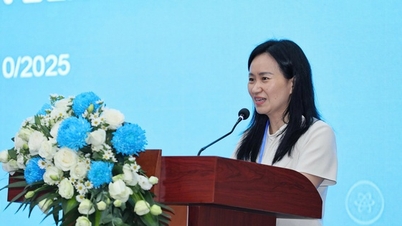

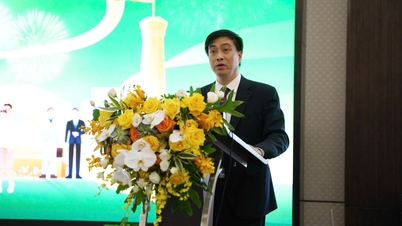



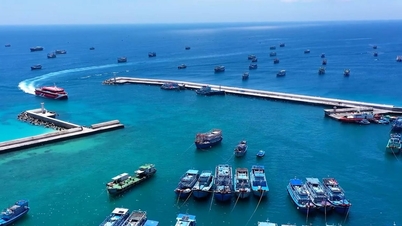



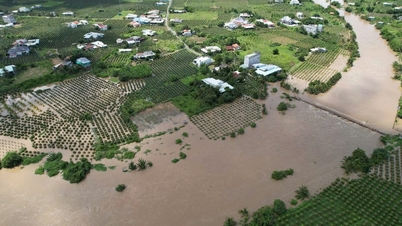


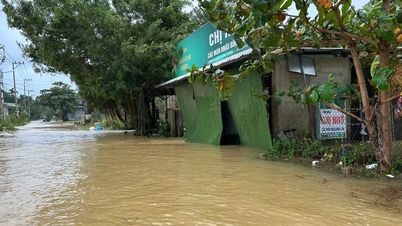

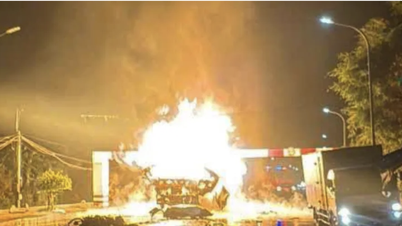















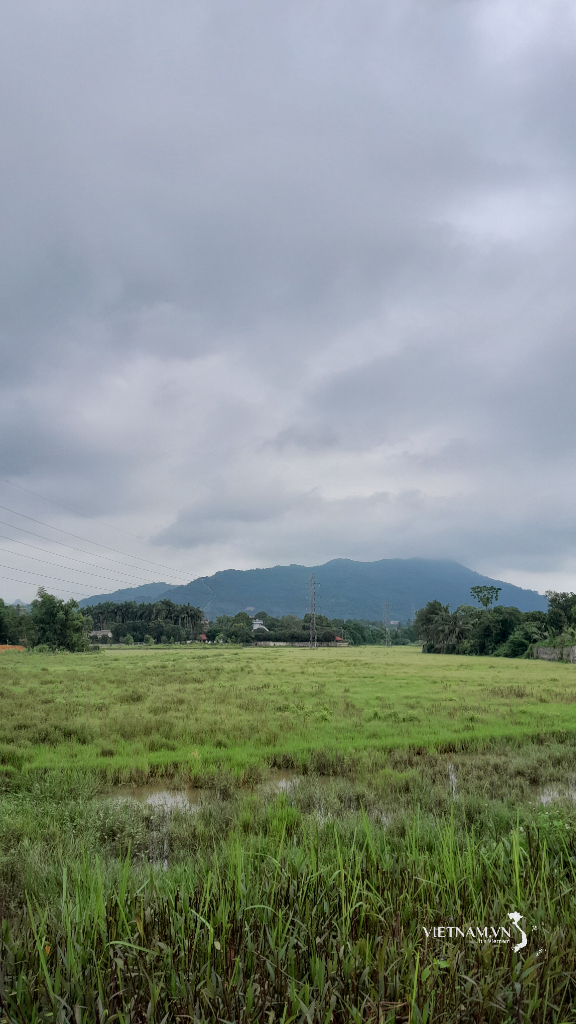
Comment (0)